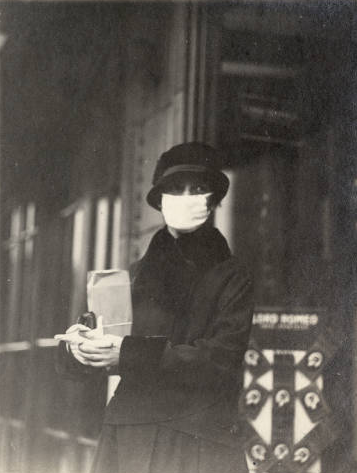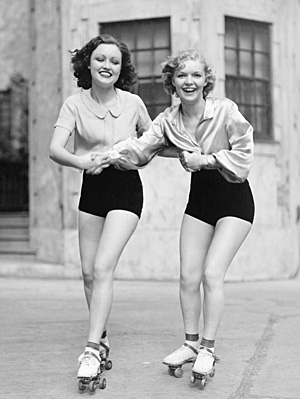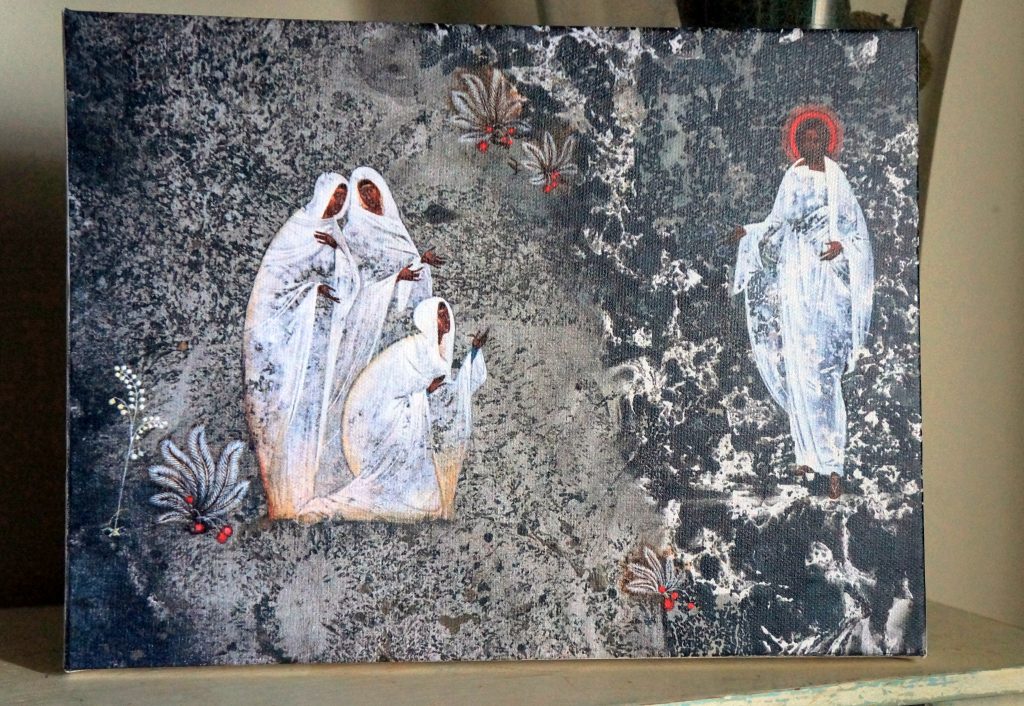… and I’ll just be over here having an epiphany during Mass
One of the purposes of penitential seasons is to simplify, gain clarity, grow closer to Christ. And here is my confession, borne from clarity, that materialized this past Advent season: I am having a crisis of identity. Not my own identity, but of God’s identity. And maybe struggling to see God clearly would naturally muddle my own identity, or vice versa, since I was created in His image. There’s a thought.
January 1 of this past year, 2022, opened with a surgical Confession, the kind that cuts open the chest, takes your heart out, flips it over, sews it back in the right way and you come out a different person. But I didn’t walk out of the church waltzing with Christ into a sunset. I left struck dumb, paralyzed yet free, wondering what was next.
There was a whole lot of “next”.
While in the confessional, the priest had me speak to Christ (like at him, towards the monstrance, inches away from my face) and tell him how my heart had been broken. I said things I didn’t even know were inside of me. It was like I was watching myself, gaping, she just said WHAT? You don’t tell God you’re angry at Him. At yourself, sure, because you deserve every tear you shed. But to cry at God, to ask Him why He wasn’t there, didn’t stop things, etc., was… life-changing, yes… but so f-ing terrifying. The priest, in persona Christi, gently listened, offered wisdom, and assured me how much God loved me.
A few years ago, during the consecration to Jesus through Mary, was the first time I realized that I had a messed-up image of God. I had distinctly separated out the persons of the Trinity in my head, and I didn’t really like talking to God. Jesus, yes. Holy Spirit, yes. But Father-God was terrifying. This awareness had been present, but dormant in my mind until that confession when the damn was broken. I was swimming in it now, the full consciousness of my distorted perception of Father-God.
But what to do with that?
The rest of the year is a longer story, but fast-forward to this past Advent of 2022. I was sleep-walking through it in many ways, but maybe that was a grace: I think I was able to receive what God wanted me to hear.
It was Gaudete Sunday, when you can expect the readings to be hopeful and comforting certainly, but I wasn’t expecting it, wasn’t paying as much attention this year. The church was packed, and our family of nine was sandwiched in a pew between a smaller family of four, and a young woman. We were only a few minutes into Mass when I realized the young woman beside me was weeping. I felt an overwhelming, maternal/sisterly love for this stranger and I wanted to give her comfort. We heard the words of the prophet Isaiah:
The desert and the parched land will exult;
the steppe will rejoice and bloom.
They will bloom with abundant flowers,
and rejoice with joyful song.
Such hope for this suffering young woman! I wanted to proclaim to her, with Isaiah:
Strengthen the hands that are feeble,
make firm the knees that are weak,
say to those whose hearts are frightened:
Be strong, fear not!
Here is your God…
he comes to save you.
The readings continued, and into the Gospel we went where Jesus tells John’s disciples to report to him in prison about what is actually happening: the blind see, the lame walk, the dead are raised. Yes, yes, yes, Christ offers not just promises, but actual healing! I was singing this with my heart as I offered her the only comfort appropriate in the middle of Mass towards a weeping stranger– a tissue.
But this sobering thought hit me soon after: with what enthusiasm I wanted to offer Christ’s tender mercy, comfort, and miraculous healing through the passing of a tissue to a complete stranger, someone I was certain God loved. Why couldn’t I believe that for myself? I believed that God was a healer, a good Father– that’s what I’ve been taught in my twenty years as a Catholic, that’s what I’ve read, that’s what I’ve told others.
My mind wandered back to Isaiah 35:
Those whom the LORD has ransomed will return
and enter Zion singing,
crowned with everlasting joy;
they will meet with joy and gladness,
sorrow and mourning will flee.
Those whom the Lord has ransomed. That’s me.
{Allow me this brief tangent that will connect, I promise: in marriage, you say your vows, you say “I love you” and you mean it. But then something happens, difficulties arise, you quarrel or whatever, and you say “I love you” but it means something even deeper than before in a way you couldn’t have foreseen the first time you said it. And this keeps happening, again and again, until you realize you love your spouse more deeply than ever before, even though you loved them as much as you were able fifteen years before.}
That’s the best way I can think to describe what’s happening to me, only in media res, stuck in the hard part. I said, “I believe, amen”. And I really did believe in God and salvation and Divine Love. But when the damn broke in that confession, all the mucky soil from underneath rose to the top and now I’m swimming in refuse and it’s harder to imagine that I will “bloom with abundant flowers and rejoice with joyful song”. I believe, but it’s a tired “amen”.
This weeping stranger in Mass was a reminder of myself. Offering her one tissue just made her weep more. I persuaded her to take the whole pack. A small gesture of tenderness broke her a little more open. And just as I had wanted to draw her close, comfort her, assure her of God’s love for her, so I must remember that God feels that way towards me. Even when I come to Mass or present myself to Him in prayer weeping, parched, enraged, weary, He wants it all. He takes it all.







